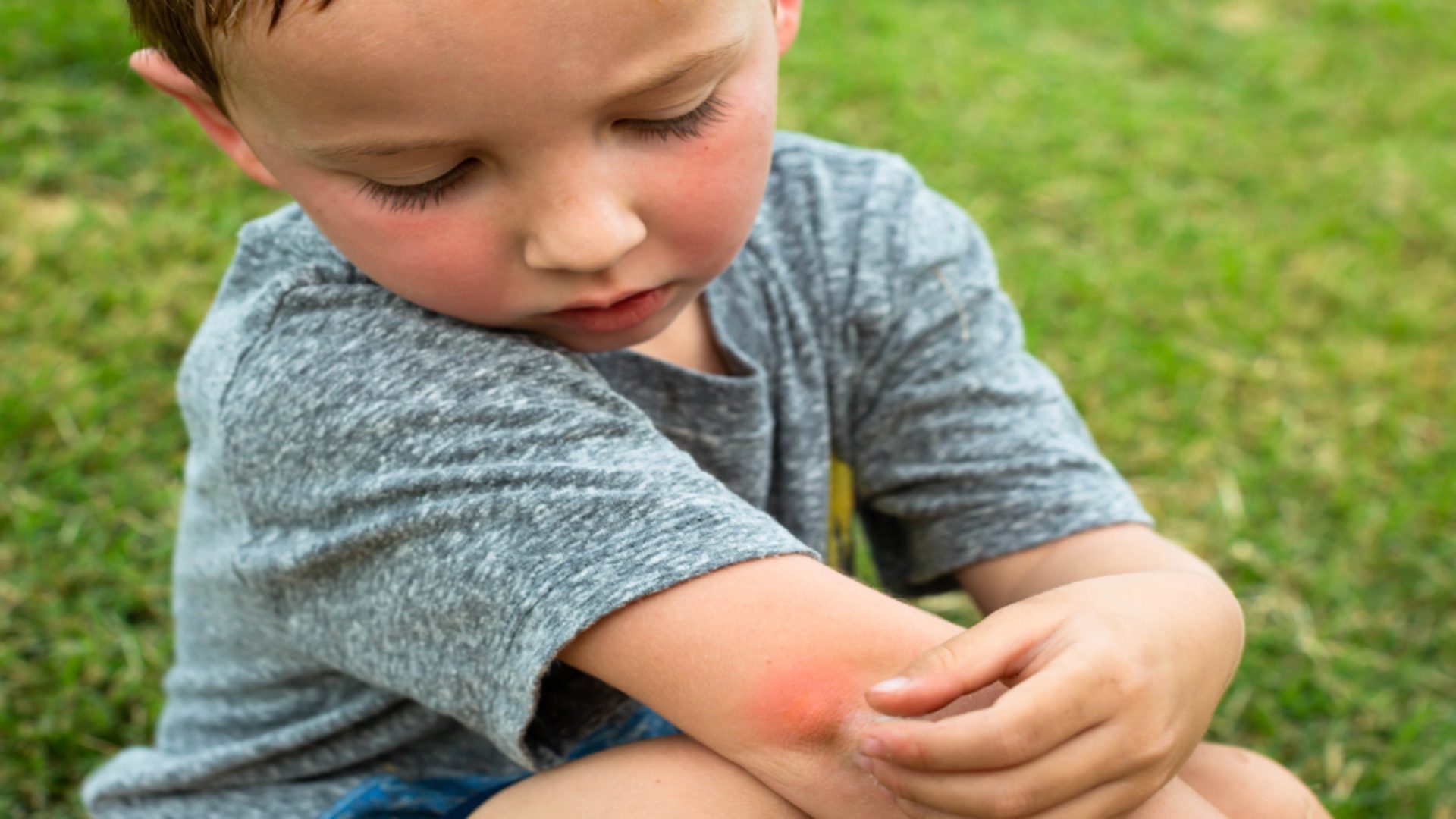
Recognizing Different Insect Bites and Stings
In the warmer months, our encounters with the insect kingdom become more frequent and, occasionally, more intimate than we might wish. A stroll through the park or a backyard barbecue can quickly become memorable for the wrong reasons—a painful sting or an itchy bite. Understanding these encounters' nuances can help us react more effectively and know when to seek the care of medical professionals like those at AFC Urgent Care.
Mosquitoes
The most common culprits behind insect bites are mosquitoes, which leave behind raised, itchy welts. These bites are mostly harmless but can occasionally transmit diseases such as West Nile, Zika, or malaria in some geographical regions. AFC Urgent Care professionals can advise on over-the-counter remedies and when to be concerned about potential disease transmission.
Bees and Wasps
Bee and wasp stings are acutely painful and can cause redness, swelling, and warmth around the sting site. While most reactions are mild, they can be life-threatening for individuals with bee or wasp venom allergies. If the stinger remains in the skin, it should be removed promptly to minimize the amount of venom injected. AFC Urgent Care centers are equipped to handle allergic reactions to stings, including administering treatment and providing referrals to allergy specialists if necessary.
Spiders
Most spider bites are harmless and result in symptoms similar to those of a mosquito bite. However, bites from spiders like the black widow or brown recluse are more serious. A black widow's bite might cause intense pain, muscle cramps, and abdominal pain, while a brown recluse's might lead to severe skin damage. These symptoms require immediate medical attention, which AFC Urgent Care can provide, ensuring prompt and appropriate treatment.
Ticks
Ticks can latch onto the skin for extended periods and are best known for transmitting Lyme disease. The key to managing tick bites is prompt and complete tick removal. Lyme disease symptoms include a bullseye-shaped rash, fever, chills, and joint pain, necessitating medical care for antibiotic treatment. AFC Urgent Care offers tick removal services and diagnostic testing for Lyme disease and other tick-borne illnesses.
Understanding the signs and symptoms of various insect bites and stings is the first step in managing these common summer concerns. While most bites and stings can be treated at home, monitoring for signs of more severe reactions or infections is essential. AFC Urgent Care provides a trusted resource for professional advice, treatment, and peace of mind when home remedies are insufficient.
Immediate First Aid for Bites and Stings
Immediate care can significantly mitigate the discomfort and potential complications of insect bites and stings. For most minor reactions:
- Clean the Area: Gently wash the bite or sting with soap and water. This simple action can prevent infection and reduce irritation.
- Apply a Cold Pack: Use ice or a cold pack wrapped on the affected area to reduce swelling and numb the pain. Apply for 10 minutes, then remove for 10 minutes.
- Topical Treatments: Over-the-counter creams like hydrocortisone or calamine lotion can relieve itching. A paste made from baking soda and water may also soothe a sting.
- Medications: Take oral antihistamines for itching or acetaminophen for pain relief if necessary.
Remember, AFC Urgent Care centers are available to help if you have concerns about a bite or sting, especially if you're experiencing severe pain or signs of an allergic reaction.
When to Seek Medical Attention
Most insect bites and stings can be treated at home, but sure signs warrant a visit to AFC Urgent Care:
- Severe swelling beyond the site of the sting or bite.
- Difficulty breathing or swallowing, indicating a possible severe allergic reaction.
- Signs of an infection include increased redness, warmth, swelling, or pus.
- Fever or chills following a bite could indicate a transmitted disease.
- A tick that has been attached for more than 24 hours or difficulty obliterating a tick.
AFC Urgent Care provides immediate, walk-in care for these conditions, offering treatments ranging from wound care and antibiotic prescriptions to allergy management and emergency interventions.
Prevention Tips
Prevention is the best strategy for dealing with insect bites and stings. Follow these tips to protect yourself and your loved ones:
- Use Environmental Protection Agency (EPA)-registered insect repellents.
- Wear long sleeves, pants, and hats in wooded or grassy areas.
- Stay indoors during dawn and dusk, when mosquitoes are most active.
- Remove standing water around your home to reduce mosquito breeding sites.
- Check yourself, your children, and your pets for ticks after spending time outdoors.
AFC Urgent Care offers more prevention tips tailored to your local area and can provide vaccines or prophylactic treatments for travel to areas with prevalent insect-borne diseases.
AFC's Comprehensive Care for Insect Bites and Stings
At AFC Urgent Care, we understand the discomfort and concern insect bites and stings can cause. Our centers are equipped to offer comprehensive care, from treatment of simple bites and allergic reactions to prevention education and vaccinations for more serious concerns like Lyme disease or tick-borne encephalitis.
Whether you're dealing with a painful sting, concerned about a tick bite, or seeking prevention advice, AFC Urgent Care is your partner in health. Our professional, compassionate staff is ready to provide the care you need to get back to enjoying the great outdoors.
Conclusion
Insect bites and stings are common, especially during warmer months. While most are harmless, knowing how to treat them and when to seek medical attention is crucial. At AFC Urgent Care, we're committed to providing you with the knowledge, care, and treatment to handle these minor emergencies confidently. Visit us to learn how we can help you and your family stay healthy and happy all season.


